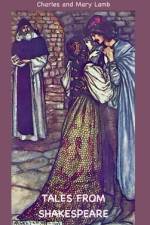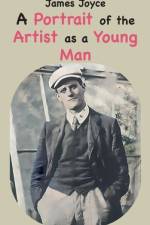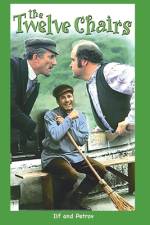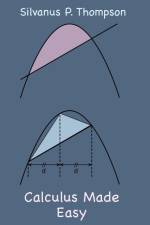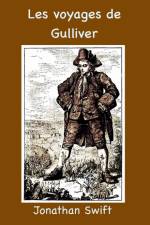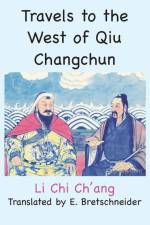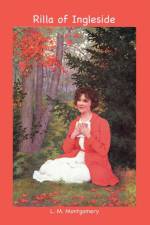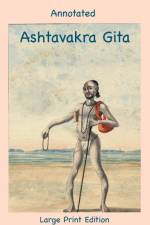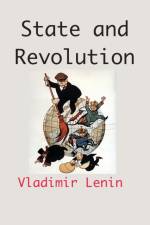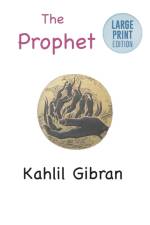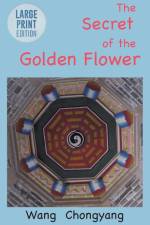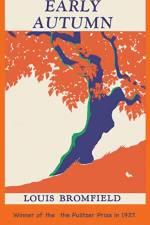av L. M. Montgomery
195,-
Rilla of Ingleside is the only Canadian novel written from a woman's perspective about the First World War by a contemporary.The book is the eighth of nine books in the Anne of Green Gables series by Lucy Maud Montgomery but was the sixth "Anne" novel in publication order. This book draws the focus back onto a single character, Anne and Gilbert's youngest daughter Bertha Marilla "Rilla" Blythe. It has a more serious tone, as it takes place during World War I and the three Blythe boys-Jem, Walter, and Shirley-along with Rilla's sweetheart Ken Ford, playmates Jerry Meredith and Carl Meredith-end up fighting in Europe with the Canadian Expeditionary Force.Frederica, Maud's cousin, and best friend grew up in Park Corner, PEI, but died of the Spanish flu. Frederica may have been the model for Diana Barry, Anne of Green Gables' "bosom friend": both had unusual, non-Christian first names, and the fictional Diana's husband was named, perhaps not coincidentally, Fred. In Canada, recruiting meetings were held where ministers, such as the Reverend MacDonald, would speak of Kaiser Wilhelm II as the personification of evil, described the "Rape of Belgium" in graphic detail, and asked for young men to step up to volunteer to fight for Canada, the British Empire, and for justice, in what was described at the time as a crusade against evil. In a 1915 essay appealing to volunteers, Montgomery wrote: "I am not one of those who believe that this war will put an end to war. War is horrible, but there are things that are more horrible still, just as there are fates worse than death." Montgomery argued prior to the war that Canada had been slipping into atheism, materialism, and "moral decay," and the war had brought about a welcome revival of Christianity, patriotism, and moral strength as the Canadian people faced the challenge of the greatest war yet fought in history.


